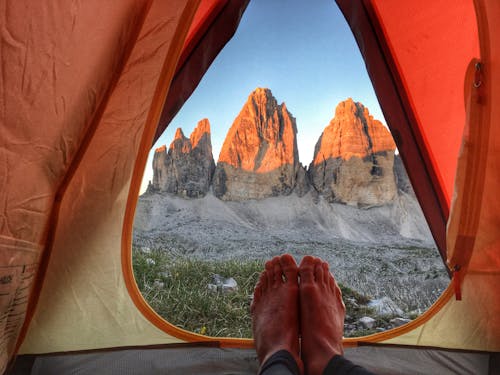
Camping is a great activity that is relatively cheap and quite enjoyable. It gives you a chance to slow down and be one with nature and your surroundings. Whether it’s just to escape the hustle and bustle of the city or to put you in position for the alpine start you need for one of your climbing projects.
Camping can have profound impacts on circadian timing as well as the quality of your sleep in general, among other things. I personally keep my camping gear in my vehicle everywhere I go and take every opportunity that I can to camp. Doing this helps me take advantage of unexpected opportunities to camp under the stars, like when the fishing is just too good or a climb takes a bit longer than expected.
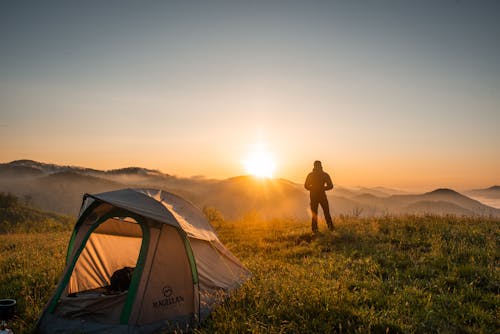
In 2013, the University Of Colorado at Boulder performed a study on 6 men and 2 women, with an average age of 30 years old. Dr. Michael J. Breus noted that camping for one-week while avoiding artificial light, was found to reset circadian rhythms. In fact, everyone who participated in the study normalized each other’s sleep schedules as well as trended towards a more normal solar/lunar time schedule.
Melatonin levels in the participants were found to increase two hours earlier, than when living with artificial light, causing the participants to feel tired at a more normal hour of the night, and fall asleep earlier. The air in forested areas contains Phytoncide, which can be linked to improved immune systems. Other studies show reduced blood pressure, cortisol, and pulse findings which can all be very beneficial.
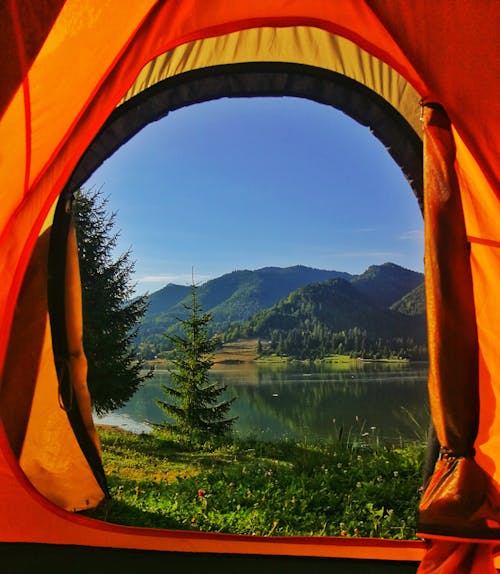
Quality of sleep miraculously improves despite less comfortable sleeping conditions and environments. This could simply be attributed to spending less time in front of screens and under artificial light, boosting melatonin production naturally, leading to a higher quality of sleep and potentially more continuous hours. Whether it’s in a tent, a hammock, or cowboy-style under the stars, camping is something most people can enjoy and something that everyone can benefit from immensely. More fresh air never hurts is my take!



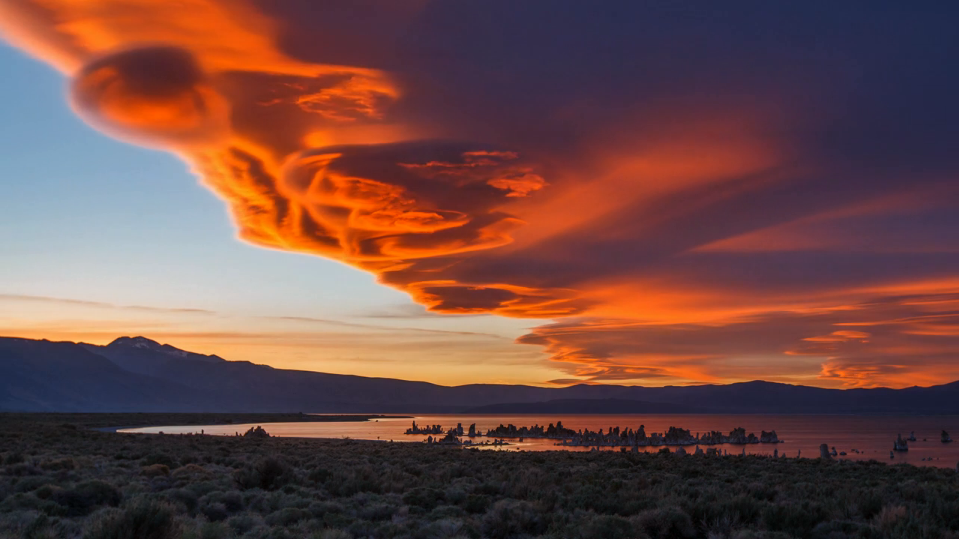
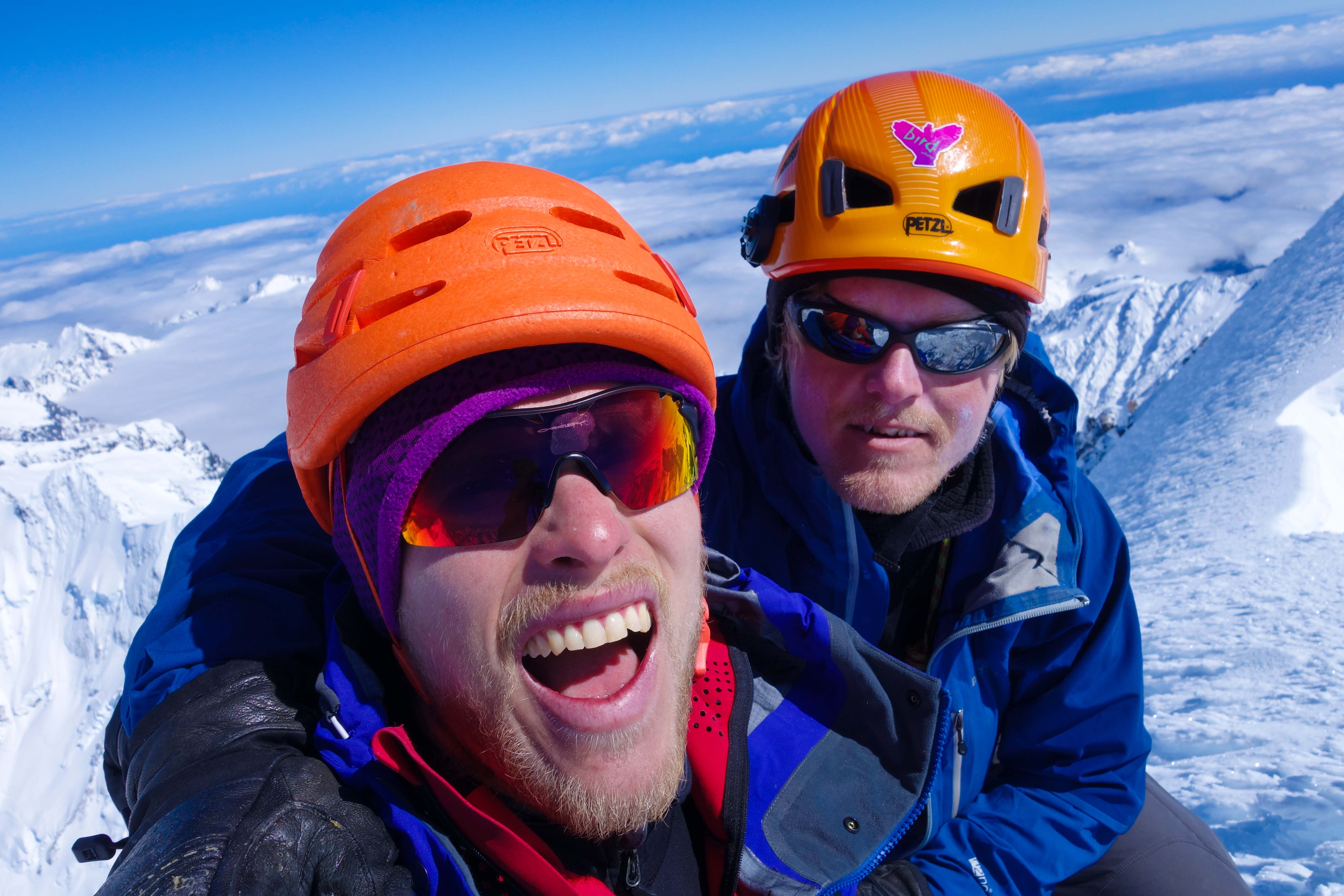
Experience the benefits of an Online Wellness Coach in British Columbia! Our expert coaches provide personalized plans focusing on nutrition, fitness, Online Wellness Coach British Columbia and mental well-being. Enjoy the flexibility of virtual sessions tailored to your unique needs, all from the comfort of your home. Start your journey to better health today!
Looking at the study cited by this article, it doesn’t appear they controlled at all for differences in daily activities while going about normal life vs. while camping.
I don’t mean to diminish the results (hopefully the study generated some good data), but they seem pretty obvious. Take a bunch of people out of their separate daily routines and have them relax together for a week with limited artificial light, and they’ll tend to sleep better and align their sleep/wake times both to each other and to their primary source of light.